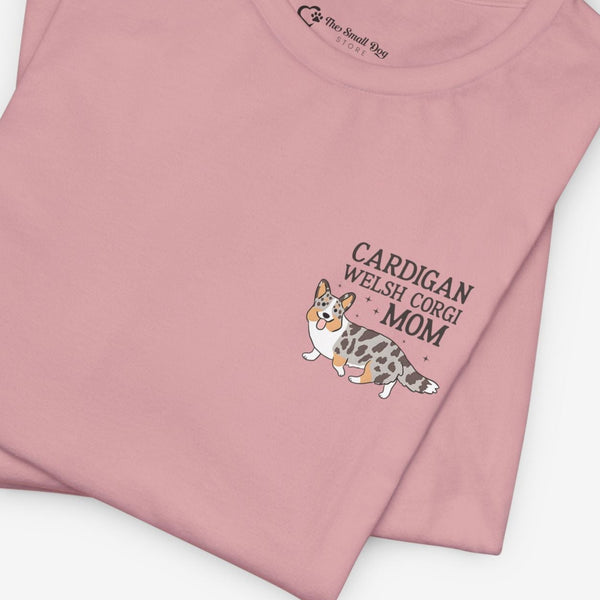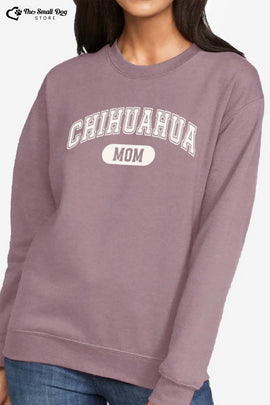Are Corgis Good with Kids? A Comprehensive and Explanatory Guide
Posted by ROBERTO BURALLI

Corgis, with their adorable short legs and friendly faces, are beloved by many. But if you're a parent considering adding one of these charming dogs to your family, you might be wondering: are corgis good with kids? This comprehensive guide will explore the relationship between corgis and children, providing you with the information you need to make an informed decision.
If you're interested in learning more about a specific type of Corgi, check out our article on Cardigan Welsh Corgis: Charming Companions for Your Home.
Understanding Corgi Temperament
To answer whether corgis are good with kids, we first need to understand their temperament. Corgis have a unique personality that can make them great companions for children, but it also comes with some challenges.
Positive Aspects
- Playful and Energetic: Corgis are known for their playful nature and high energy levels. This can make them excellent playmates for children who enjoy active games and outdoor activities.
- Affectionate: These dogs are typically very affectionate with their family members, including children. They often enjoy cuddling and spending time with their human companions.
- Intelligent: Corgis are smart dogs, which can make them responsive to training and able to learn how to interact appropriately with children.
- Loyal: They form strong bonds with family members, which can create a protective and loving relationship with children in the household.
Potential Challenges
- Strong Herding Instincts: Originally bred as herding dogs, corgis may try to herd children by nipping at their heels. This behavior, while not aggressive, can be scary or harmful to young kids.
- High Energy: While their energy can be great for play, it might also lead to accidental knockdowns of smaller children during excited moments.
- Assertive Personality: Corgis can be bossy and may not respond well to rough handling, which is common with very young children.
- Sensitivity to Noise: Some corgis may be sensitive to the loud noises and sudden movements typical of young children, which could lead to stress or anxiety in the dog.

Age Considerations: Corgis and Children
The age of the children in your household is a crucial factor in determining whether a corgi is a good fit for your family.
Best Suited Age Group: Children Over 5 Years Old
Corgis are generally best suited for families with children over 5 years old. Here's why:
- Understanding Instructions: Older children can better comprehend and follow instructions on how to interact properly with the dog.
- Respecting Boundaries: School-age children are more likely to understand the importance of respecting the dog's space and boundaries.
- Participation in Training: Older kids can actively participate in training the corgi, which can be beneficial for both the child and the dog.
- Matching Energy Levels: The high energy of corgis aligns well with the activity levels of older children who can engage in active play and exercise.
Not Recommended: Children Under 5 Years Old
Corgis are typically not recommended for families with very young children (under 5 years old) due to:
- Herding Behavior: Young children who run around may trigger the corgi's herding instincts more frequently.
- Accidental Injuries: The sturdy build of corgis, combined with their energy, might lead to accidental knockdowns of toddlers.
- Rough Handling: Very young children might not understand how to handle a dog gently, which could lead to the corgi becoming defensive.
Training a Corgi to Be Good with Kids
If you decide to bring a corgi into a home with children, proper training is essential. Here are some strategies to help your corgi become a gentle and reliable companion for kids:
-
Early Socialization:
- Begin socializing your corgi puppy around 8 weeks of age.
- Expose them to various people, including children of different ages.
- Take your corgi to busy areas like parks or playgrounds to observe children from a distance.
- Reward calm behavior around children with treats and praise.
-
Basic Obedience Training:
- Teach basic commands like "Sit," "Stay," and "Leave it" from an early age.
- Focus on the "Off" command to prevent jumping on children.
- Practice the "Drop it" command to avoid possessive behavior over toys.
-
Address Herding Instincts:
- Redirect herding behavior to appropriate activities like fetch or agility training.
- Teach a "No nip" or "Gentle" command to discourage nipping.
- Provide plenty of exercise (60-90 minutes daily) to reduce excess energy.
-
Positive Reinforcement:
- Use treats and praise to reward gentle behavior around children.
- Avoid punishing the dog for mistakes, as this can create negative associations with children.
-
Gradual Exposure:
- Introduce your corgi to children gradually and in controlled settings.
- Start with short, supervised interactions and gradually increase duration.
- Use a leash or baby gate to manage initial meetings if necessary.
Teaching Children to Interact with Corgis
Successful integration of a corgi into a family with children isn't just about training the dog – it's also crucial to educate the children on proper interaction. Here are some key points to teach kids:
- Gentle Handling: Show children how to pet the corgi gently and avoid pulling on ears, tail, or fur.
- Respecting Space: Explain the importance of not disturbing the dog while it's eating or sleeping.
- Reading Body Language: Teach kids to recognize signs that the corgi might be uncomfortable or needs space.
- Appropriate Play: Demonstrate safe ways to play with the corgi that don't encourage nipping or overexcitement.
Tips for Success with Corgis and Kids
To ensure a harmonious relationship between your corgi and children, follow these additional tips:
- Supervision: Always supervise interactions between corgis and children, especially during the initial adjustment period.
- Safe Space: Provide a safe space for your corgi to retreat when it needs a break from activity.
- Exercise: Ensure your corgi gets adequate exercise to prevent excess energy leading to misbehavior.
- Consistent Rules: Establish and enforce consistent rules for both the children and the corgi regarding their interactions.
- Regular Vet Check-ups: Keep up with regular veterinary care to ensure your corgi remains healthy and comfortable around children.
Conclusion
While corgis can be good with kids, success depends on various factors including proper training, socialization, and supervision. They are generally best suited for families with children over 5 years old due to their herding instincts and energy levels.
With the right approach – including early socialization, consistent training, and teaching children how to interact properly with the dog – corgis can become loving and playful companions for children in the family. Remember, every dog is unique, so assess the individual corgi's temperament and consider your family's specific situation when making the decision to bring one into your home.
By following these guidelines and paying attention to both your corgi's and your children's needs, you can create a happy and harmonious household where both kids and corgis thrive together. With patience, consistency, and love, a corgi can become a cherished member of your family, bringing joy and companionship to children and adults alike.
TAGS:
SHARE:
















